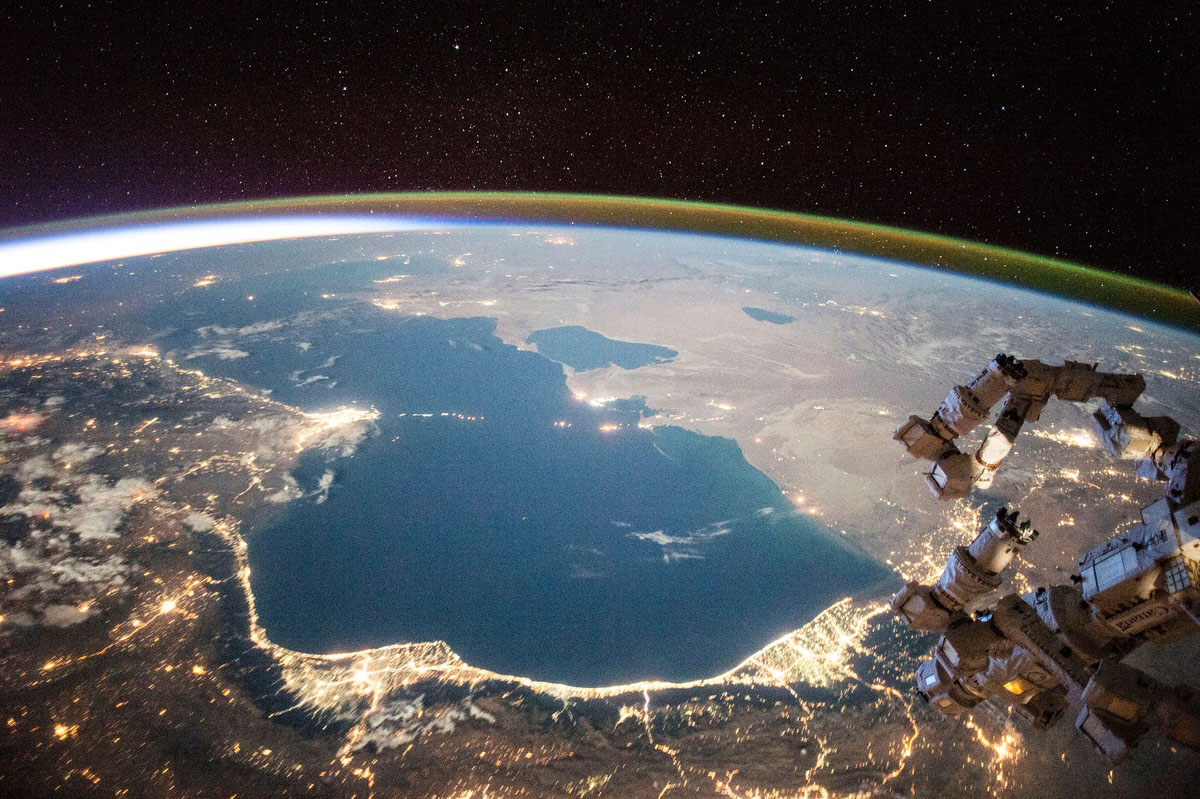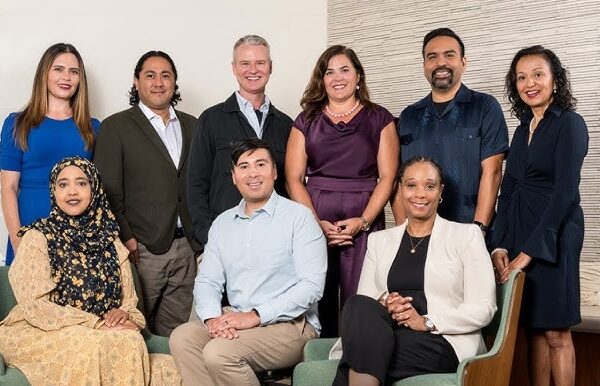Magazine, The Immigrant Experience
The James Webb Telescope recently brought us new images of old stars and constellations, filling our minds with wonder. Looking at one of the most impactful of those photographs, one of our panelists wrote:
“The endless richness of the deep field image, jam-packed with stars and galaxies, covering a tiny patch of sky, tells the history of the universe.”
The images also filled us with questions. Is there other life in the universe? What kind? What do other planets look like? Will we take regular trips to the Moon and Mars in the future?
All of those questions are being explored right now by several countries, including the United States, that have been investing in different projects and technologies that help us look beyond our own planet.
One bigger question is: Can space exploration, in all its facets, help humanity discover the answer to essential questions, including finding the keys to our survival on earth?
An Ethnic Media Services, (EMS)briefing explores those issues, with a stellar panel:
Alexandra de Castro, Science and Technology Communicator, PASQAL, explained what astronomy and space do for us. showing slides of the Artemis program. Its goal is to take humans to the moon with the dream of settling there. Artemis 1 is the first mission, a test mission to make sure that it is safe to inhabit the moon. For this first mission, there will be no humans on the test flight. In two years, however, astronauts, and subsequently women will go as well.
Why is this done? What is the benefit to society? Historically, explorers like Darwin and Hubble discovered new species through their work. The hunger for knowledge and curiosity is part of our humanity. Going to the moon is not different from what they did. Some of the benefits among a myriad include the following: new knowledge, where discoveries can be used for the community such as the Apollo 15 mission an exploration that paved the way for many inventions that we utilize today. The element of helium was discovered in 1868 in the sun and is now used in medicine, respiratory therapy, and many more technologies such as laparoscopy.
Another benefit is understanding our place in the universe. What is the origin of the solar system? Are we and our planet unique? Is there life elsewhere in the universe? These questions have been answered through exploration as we have discovered other planets.
In 1929, Edwin Hubble discovered the Andromeda Galaxy which revealed to us that we are not unique.
In 1995, Hubble Space Telescope unveiled the existence of thousands of galaxies like ours. The earth or universe is just 1 of the galaxies that exist.
Blurring borders is also a very important benefit. Artemis Accords is an international collaboration that teaches us how to live together.
Finally, innovation and new technologies cannot be undermined. The existence of climate change monitors and weather patterns etc are intricately important to how we cope with the elements of nature. Robots developed for the ISS are now used in operating rooms.
Marcio Melendez, Principal Astronomical Optics Scientist, Space Telescope ScienceInstitute (STScl), Baltimore, Maryland, explored pool slides showing how infrared telescope is important.
Nicole Arulanantham, Giacconi Postdoctoral Fellow, Space Telescope Science Institute (STScl), Baltimore, Maryland, explained the formation of stars and planets which only depicted the vast benefit of space exploration and confirmed the fact that our human curiosity is not only important to the survival of the species but also ensures improvement on the quality of life in our own galaxy, EARTH.










